-
chevron_right
Italian Court Orders Cloudflare to Block a Pirate IPTV Service
Ernesto Van der Sar • news.movim.eu / TorrentFreak • 14 October, 2020 • 4 minutes
 In recent years, many copyright holders have complained that Cloudflare does little to nothing to stop pirate sites from using its services.
In recent years, many copyright holders have complained that Cloudflare does little to nothing to stop pirate sites from using its services.
The US-based company receives numerous DMCA notices but aside from forwarding these to the affected customers, it takes no action.
Cloudflare sees itself as a neutral intermediary that simply passes on bits. This approach is not welcomed by everyone and, as a result, the company has been placed on the EU piracy watchlist alongside familiar pirate sites such as The Pirate Bay, Seasonvar and Rapidgator.
Despite this callout, Cloudflare maintains its position. The company doesn’t want to intervene based on allegations from copyright holders and requests a court order to take action. These orders are very rare, but a few days ago the Court of Milan, Italy, set a precedent.
Sky and Serie A Sued Cloudflare
The case in question was filed by the TV platform Sky Italy and Lega Serie A , Italy’s top football league. The organizations requested a court order to stop various third-party intermediaries from providing access to “IPTV THE BEST”, a popular IPTV service targeted at an Italian audience.
Since the IPTV service is a Cloudflare customer the US-based CDN provider was also sued. The copyright holders demanded Cloudflare and several other companies including hosting provider OVH, and ISPs such as Vodafone, TIM, Fastweb, Wind and Tiscali, to stop working with the pirate service.
Last September, the Court of Milan sided with Sky and Serie A. It issued a preliminary injunction ordering the companies to stop working with the IPTV provider, regardless of the domain name or IP-address it uses.
Cloudflare objected to the claim. In its defense, the company pointed out that it isn’t hosting any infringing content. As a CDN, it simply caches content and relays traffic, nothing more. In addition, the Italian court would lack jurisdiction as well, the company argued.
Cloudflare’s Defense Falls Flat
Despite the fierce defense from Cloudflare, which extended the case by more than a year, the court didn’t change its position. In a recent order, it explained that it’s irrelevant whether a company hosts files or merely caches the content. In both cases, it helps to facilitate copyright-infringing activity.
This is an important decision because services like Cloudflare are hard to classify under EU law, which makes a general distinction between hosting providers and mere conduit services. The Italian court clarified that such classification is irrelevant in this matter.
“The ruling is unique in its kind because it expressly addresses the issue of the provision of information society services that are difficult to classify in the types outlined by the European eCommerce Directive,” attorney Alessandro La Rosa informs TorrentFreak.
Together with Mr. Bruno Ghirardi, his colleague at the law firm Studio Previti , La Rosa represented the football league in this matter. They worked in tandem with attorney Simona Lavagnini , who represented Sky Italy.
‘Unique and Important Ruling’
Lavagnini tells us that the ruling is important because it’s the first blocking order to be issued against a CDN provider in Italy.
“The order is important because, at least to my knowledge, it is the first issued against a CDN, in which the CDN was ordered to cease the activities carried out in relation to illegal services, also including those activities which cannot qualify as hosting activities,” she says.
“The recent order clearly says that the services of the CDN shall be inhibited because they help to allow third parties to carry out the illegal action which is the subject matter of the urgent proceeding, even if there is no data storage by the CDN,” Lavagnini adds.
TorrentFreak also reached out to Cloudflare for a comment but at the time of writing the company has yet to respond.
Cloudflare Blocking Becomes More Common
While the attorneys we spoke with highlight the uniqueness of the ruling, Cloudflare previously noted in its transparency report that it has already blocked 22 domain names in Italy following a court order. It’s not known what case the company was referring to there, but it affects 15 separate accounts.
The blocking actions will only affect Italians but in theory, they could expand. There are grounds to apply them across Europe or even worldwide, Lavagnini tells us, but that will likely require further clarification from the court.
This isn’t the first time that Cloudflare has been ordered to block a copyright-infringing site in Europe. Earlier this year a German court ordered the company to block access to DDL-Music , or face fines and a potential prison sentence.
In Italy, the CDN provider was also required to terminate the accounts of several pirate sites last year. However, in that case, Cloudflare was seen as a hosting provider due to its “Always Online” feature. Also, that court order didn’t mention geo-blocking or blocking in general.
From: TF , for the latest news on copyright battles, piracy and more.

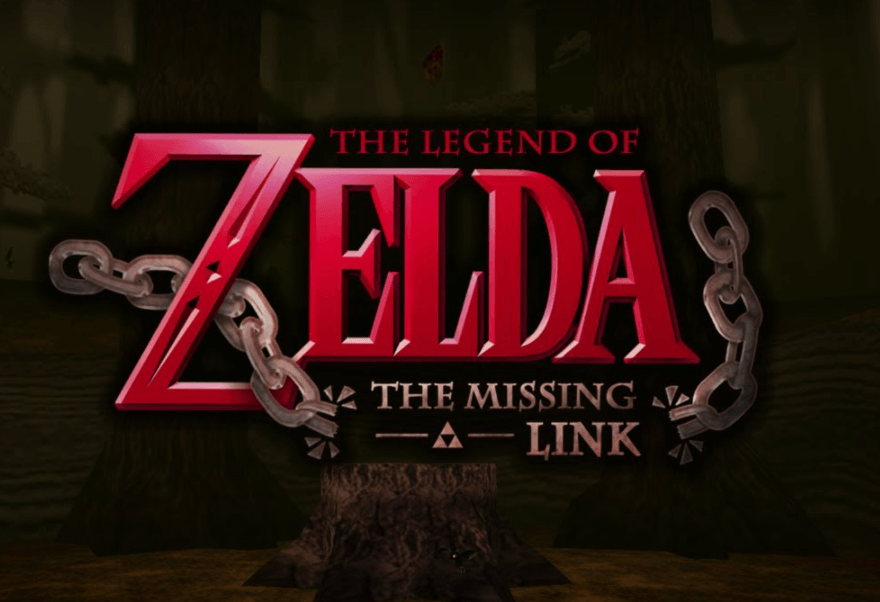
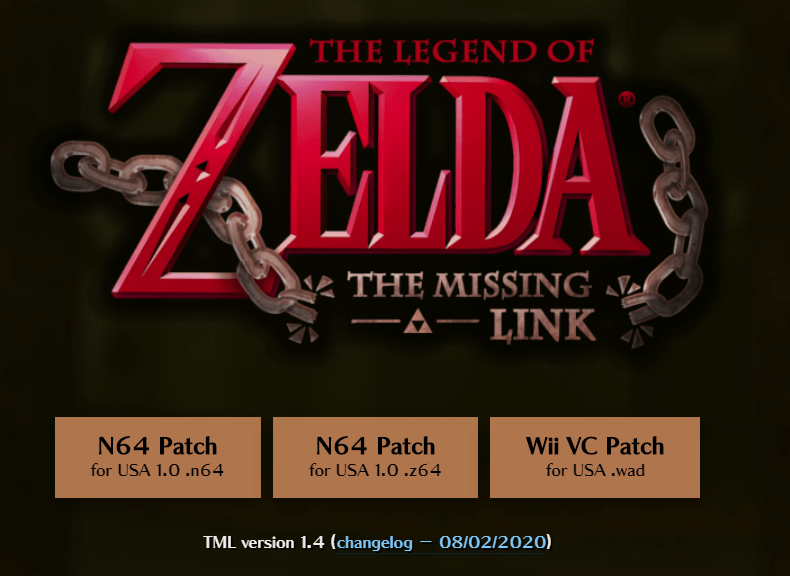
 When the new Premier League season began last month, those hoping for a return to normality had their hopes dashed once again.
When the new Premier League season began last month, those hoping for a return to normality had their hopes dashed once again.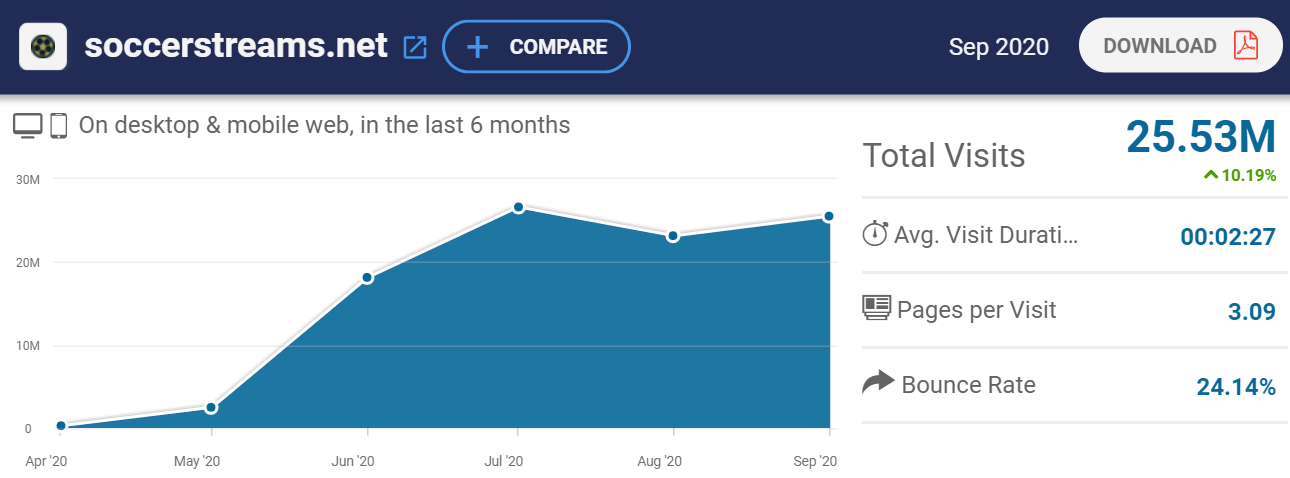
 Internet provider Charter Communications is one of several companies being
Internet provider Charter Communications is one of several companies being 

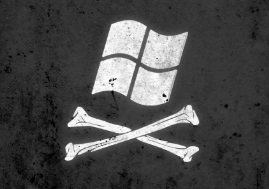
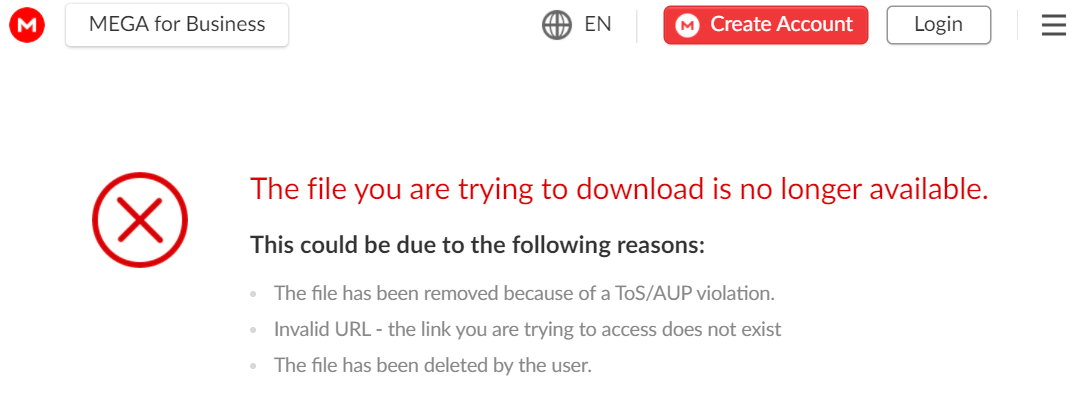
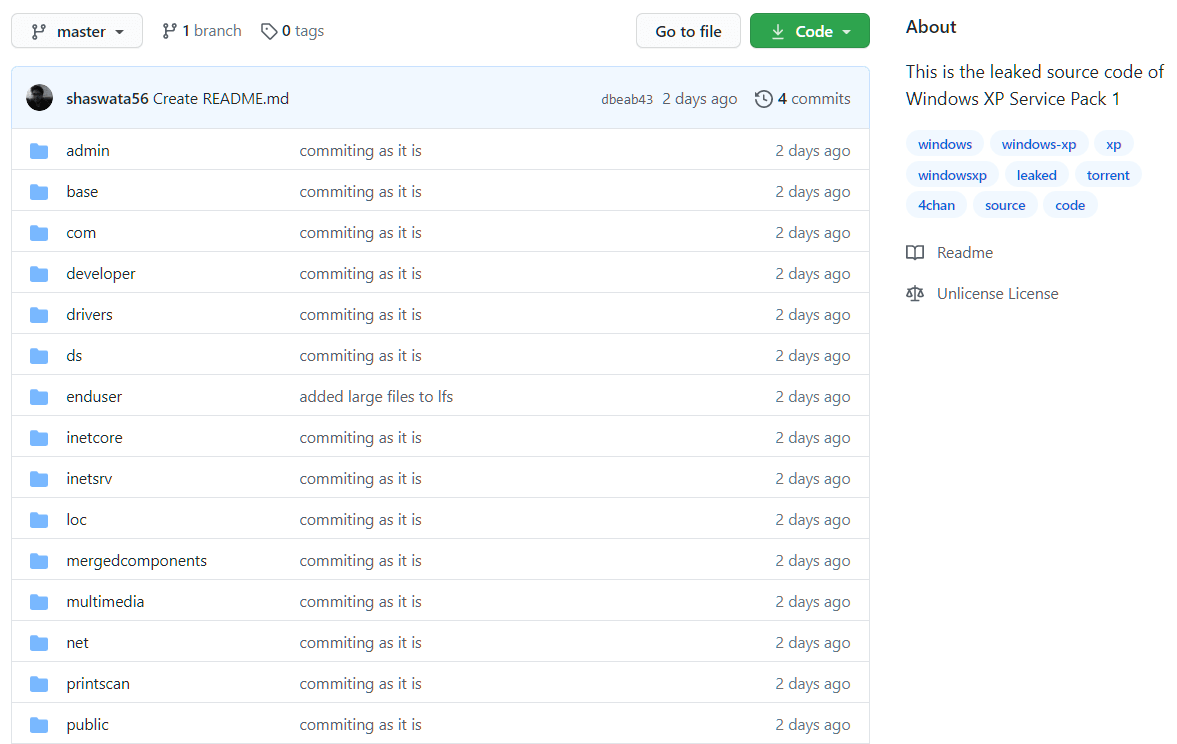
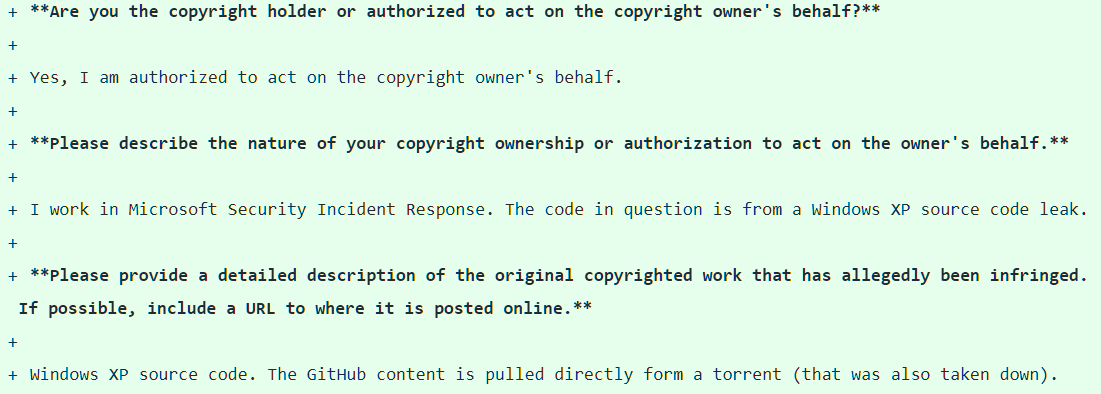
 Website blocking is without a doubt one of the favorite anti-piracy tools of the entertainment industries.
Website blocking is without a doubt one of the favorite anti-piracy tools of the entertainment industries. Earlier this year, Hawaiian anti-piracy lawyer Kerry Culpepper turned some of the most popular piracy brands into a powerful anti-piracy tool.
Earlier this year, Hawaiian anti-piracy lawyer Kerry Culpepper turned some of the most popular piracy brands into a powerful anti-piracy tool.